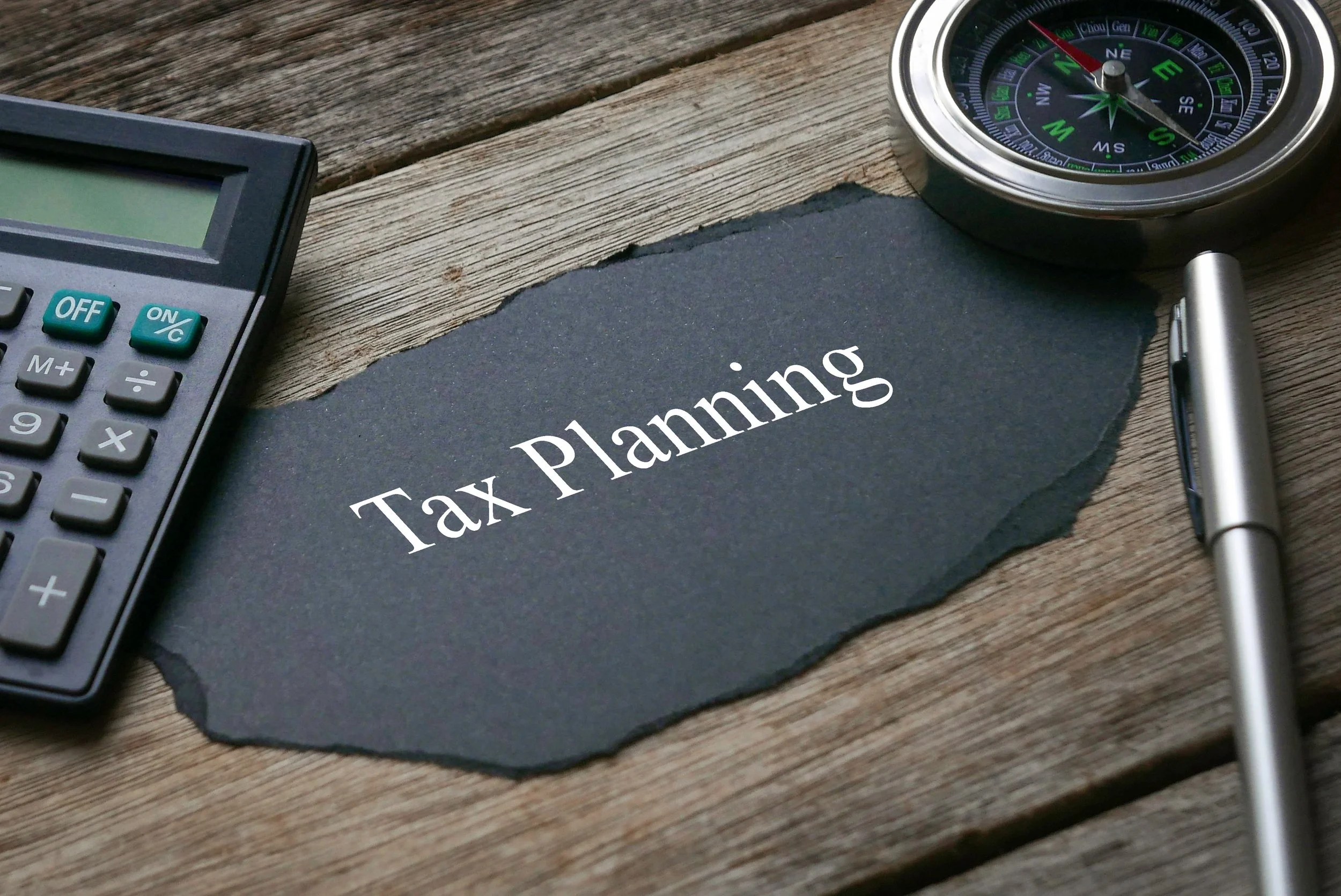Tax Strategies to Save Money on Taxes For 2019
Due to the recent tax law changes there are some tax savings and deferral strategies that you should be aware of for 2019. As we go into the second half of the year here are some ideas to help you lower and defer taxes:
1. Participate or Increase Your Employer-Sponsored Plan Contribution
· In many employer-sponsored retirement plans, your contributions are pre-tax and reduce your taxable income
· You receive long-term tax benefits since principal and earnings grow tax-deferred until withdrawn
· You can contribute the maximum to a 401K, 457, or 403B Plan of $19,000 this year. Those over 50 can contribute an additional $6,000 for a total of $25,000
· Also, many employers offer a match on your contribution (which is free money to you) so make sure you put in enough to receive the maximum company match
2. Contribute to A Traditional IRA
· If you don’t have an employer sponsored plan available, consider contributing to a Traditional IRA
· Depending upon your income, you may be able to deduct contributions in addition to an employer sponsored plan contribution
Reduce Your Stress By Opening A Health Savings Account
Healthcare. This may be one of the most stressful words in the English language today. Especially when you think about the cost of Healthcare in retirement.
For instance, Fidelity estimates that an average 65 year old couple retiring today will need to set aside $280,000 to cover healthcare related expenses in retirement, excluding long term care costs. Put another way they estimate that same couple will spend $11,000 on healthcare related expenses their first year in retirement. So how should one save for those expenses? The answer… a Health Savings Account.
Health. Savings. Account.
Those three words can help reduce the stress of retirement healthcare expenses. A Health Savings Account, or HSA, is a tax-advantaged account that can be opened by anyone who is enrolled in a high deductible health plan (with a deductible of at least $1,350 for individuals or $2,700 for families for 2018). Typically, HSAs offer three significant tax benefits:
1. Tax-free withdrawals. If you use HSA savings to pay qualified medical expenses, the withdrawals are income tax free.
Health Insurance Coverage Before Age 65?
Would you like to retire before age 65? Many of us have the dream of retiring early. If you are seriously considering this or find yourself without a job before age 65 then you need to know what your options for health insurance are.
Why is 65 an important age? At 65 you are eligible for Medicare. For most people the cost of Medicare is much less than the cost of individual or even employer sponsored health insurance. What are your health insurance options until you turn 65?
2018 Year End Tax Planning Tips
As we wind out 2018 there is still time to make some changes to your finances that can improve your taxes for this year and possibly years to come. Here are some things to possibly act on before we ring in the new year…
1) Should you roll over an old 401K before 2018? You probably heard by now that a new tax plan was rolled out this year. It slightly lowered the tax brackets for most and almost doubled the standard deduction for all. For many of us this this will result in lower taxes this year as compared to last. However due to the doubling of the standard deduction many of us will not be able to itemize our taxes for 2018 and beyond. This means that several deductions that were available in 2017 are no longer available; most notably the ability to deduct charitable contributions. One way around this is to donate all or part of your required minimum distribution (RMD) (Up to $100,000 per year) directly to a 501(c)(3) charity. It’s called a Qualified Charitable Distribution (QCD). RMD is an amount that one must withdraw and pay taxes on from retirement accounts (except for Roth’s) once they reach 70 and ½. By doing a QCD, this allows the charity to benefit from the donation and you to not pay taxes on the donation. In order to take advantage of this you must make the donation directly from your IRA custodian to the charity. Meaning you can’t take receipt of the money first then donate it to the charity. It’s a relatively easy process, usually just filling out a form from your custodian and they’ll send the check. The thing to keep in mind is that you can only do this from an IRA, not a 401k. So, if you’re turning 70 and ½ next year and want to continue donating to charities consider rolling over your old 401K to an IRA before 2019. If you don’t do this by the end of this year, next year you’ll need to take an RMD from each 401K and the full amount of the RMD will be reported on your 2019 taxes. Not to mention there are many reasons for someone approaching 70 not to leave an old 401K behind, such as lower fees, better investment options, simplifying things and better estate planning options. For younger people there are a few reasons to possibly not rollover an old 401K which I’ll cover in another article.
2) What should you do about investment losses? No one likes to lose money in their investments but it’s part of investing. This year there has been a lot of volatility and many investments are down on the year. However, when you do have loses you may be able to use them to reduce your tax bill. First, let’s define what an investment loss is. It means that an investment is worth less than what you bought it for. If you have investment loses in a non-retirement brokerage account, then you can capitalize on them by selling the investment. This now creates a loss and if you wait 30 days before buying the investment back you can write up to $3,000 of the loss off on your taxes. If the loss is greater than $3,000 then you can carry the loss forward until it is written off in future years ($3,000 per year). If you have gains in the future, then any loses you’re carrying forward from previous years will offset those gains. Technically short-term losses are first deducted against short-term gains, then long-term loses are deducted against long-term gains. Net losses of either type can then be deducted against the other kind of gain. So, dump those loses before the year ends.
Being Financially Savvy is A Family Business
Like it or not, we’re all involved in running the “family business.”
We worry that our parents might outlive their retirement savings. We’re comforted by the thought that family members would probably bail us out if we got into money trouble. We strive to help our children financially, and we’d like to bequeath them at least part of our nest egg.
In short, our family is our asset, liability, and legacy.
Now here’s the contention: It’s time to build this notion into the way we manage our money.
Here are just some of the reasons why:
Raising Children
If your children grow up to be financial deadbeats, you may likely rise to the rescue. Indeed, your children could turn out to be your greatest financial liability.







